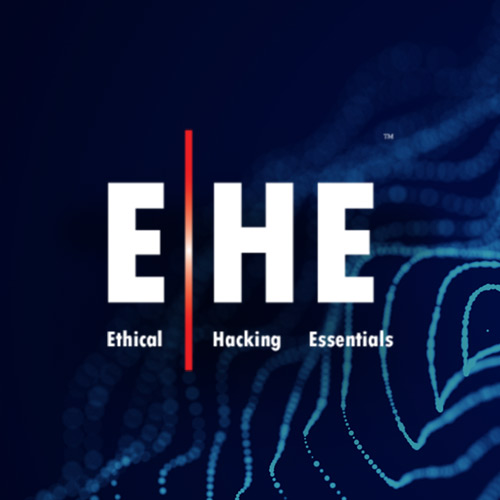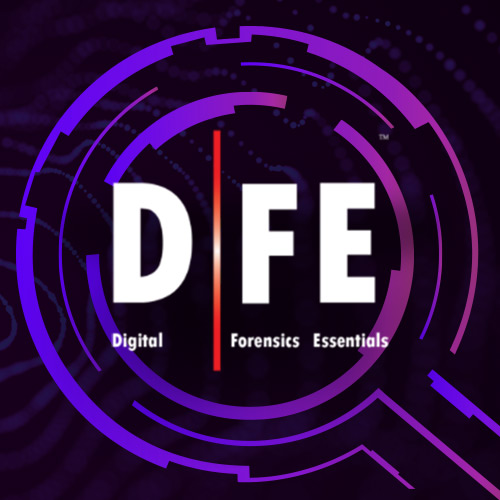Mode 01
Network Security Fundamentals
Network Security Fundamentals
Identification, Authentication and Authorization
Administrative Controls
Physical Controls
Technical Controls
Virtualization and Cloud Computing
Wireless Network Security
Mobile Device Security
IoT Device Security
Cryptography and PKI
Data Security
Network Traffic Monitoring
NDE – Network Defense Essentials
What is NDE?
Network Defense Essentials covers the fundamental concepts of information security and network defense.
This introductory cybersecurity course is designed for today's entry-level information security or cybersecurity career professionals and is ideal for learners aspiring to pursue a career in cybersecurity. The course gives a holistic overview of the key components of information security, which includes identification, authentication, and authorization, virtualization and cloud computing, wireless networks, mobile and LoT devices, and data security.
The interactive labs component ensures that learners receive the hands-on, practical experience required for a future in cybersecurity. N|DE-certified learners have an assured means of formal recognition to add to their resumes and demonstrate their expertise and skills to prospective employers.
Put your newly acquired abilities to the test with an exhilarating Capture the Flag (CTF) Exercise seamlessly integrated in our Capstone project. This CTF is seamlessly integrated by live virtual machines, genuine software, and real networks, all delivered within a secure and regulated sandbox environment. With these exclusive hands-on, human-versus-machine CTF challenges you will develop the hands-on skills essential for success in your cyber professional role.
The purpose of the N|DE certification is to recognize the competence and expertise of a professional in network defense and information security skills, thereby adding value to their workplace and employer.
What will you learn?
Who Is It For?
Course Objectives
The Network Defense Essentials (NDE) course from EC-Council aims to equip participants with foundational knowledge and skills necessary to protect and defend computer networks. Here are the key objectives of the course:
These objectives provide a comprehensive foundation in network defense, preparing participants to effectively protect and defend computer networks against various security threats and vulnerabilities.
Career Path Opportunities
Completing the Network Defense Essentials (NDE) course from EC-Council can open up various career opportunities in the field of network security and cybersecurity. Here are some potential career paths:
These career paths leverage the skills and knowledge gained from the NDE course, enabling individuals to pursue various roles in network security, IT, and cybersecurity.
Exam Information
Exam Title: Network Defense Essentials
Exam Code: 112-51
Number of Questions: 75
Duration: 2 Hours
Exam Availability : ECC Exam Center
Test Format : Multiple choice
ComputerLand Romania welcomes specialists in the field of information security by concluding a partnership with EC-Council, the provider of some of the most appreciated training programs in this field, and brings to Romania a varied range of courses and certifications.
iLearn Self-Paced is a distance learning program, designed for those who cannot attend a live course, for people who have a very busy schedule and want to learn at their own pace, through individual study. This comprehensive training program offers the advantages of self-paced classroom training.
A world leader, EC Council offers information security courses and certifications in all major information security disciplines, including computer security, computer security, network security, application security, computer network penetration testing, computer forensics, and intrusion detection.
EC-Council estimates a success rate of over 90% in the exam for IT specialists who study using these iLearn packages for the estimated duration and using the preparation guide
Online training modules led by experienced EC-Council instructors
Information and Registration Ec-Council Courses – Computerland Romania
Computerland Romania
Soseaua Fabrica de Glucose 15, Bucharest 020331

 DFE – Digital Forensics Essentials
DFE – Digital Forensics Essentials